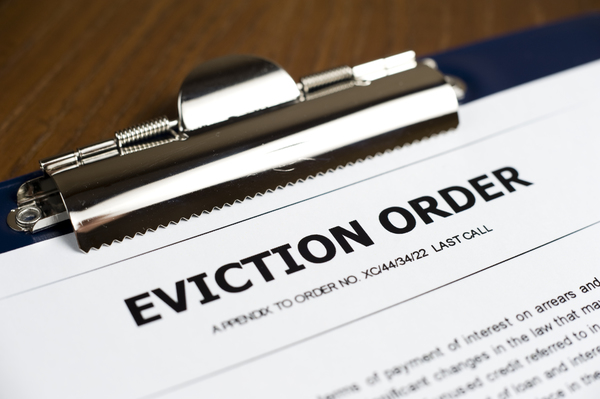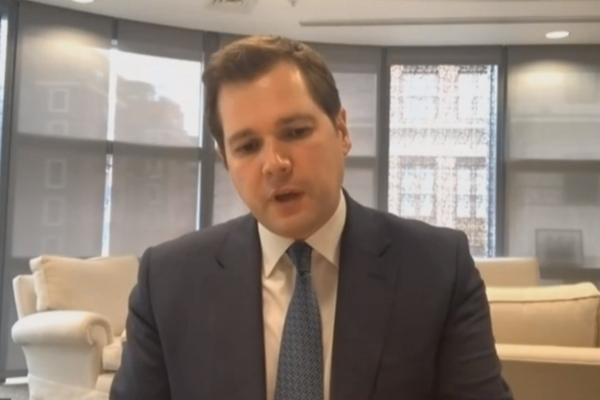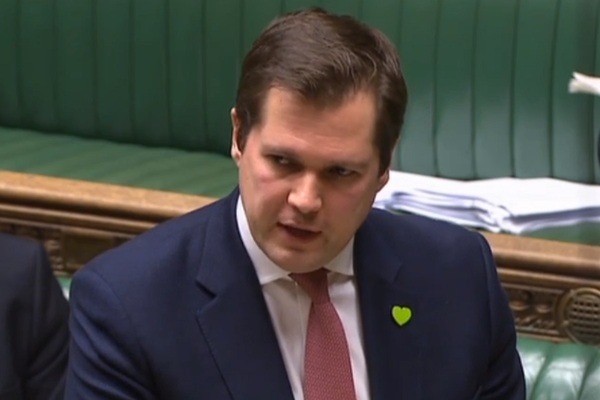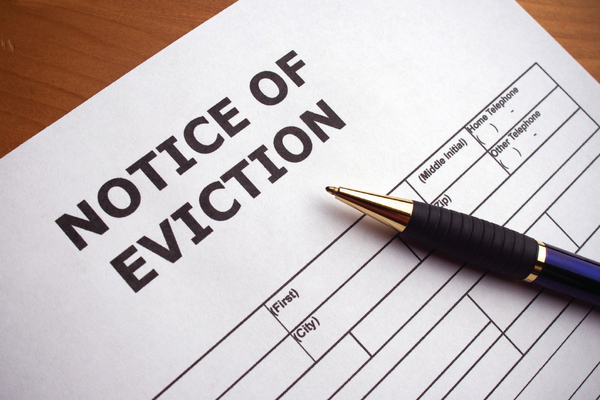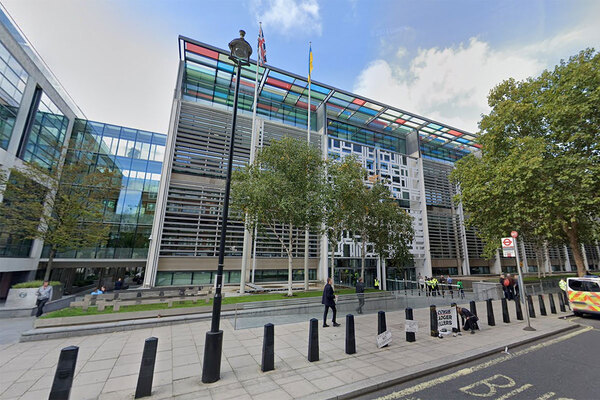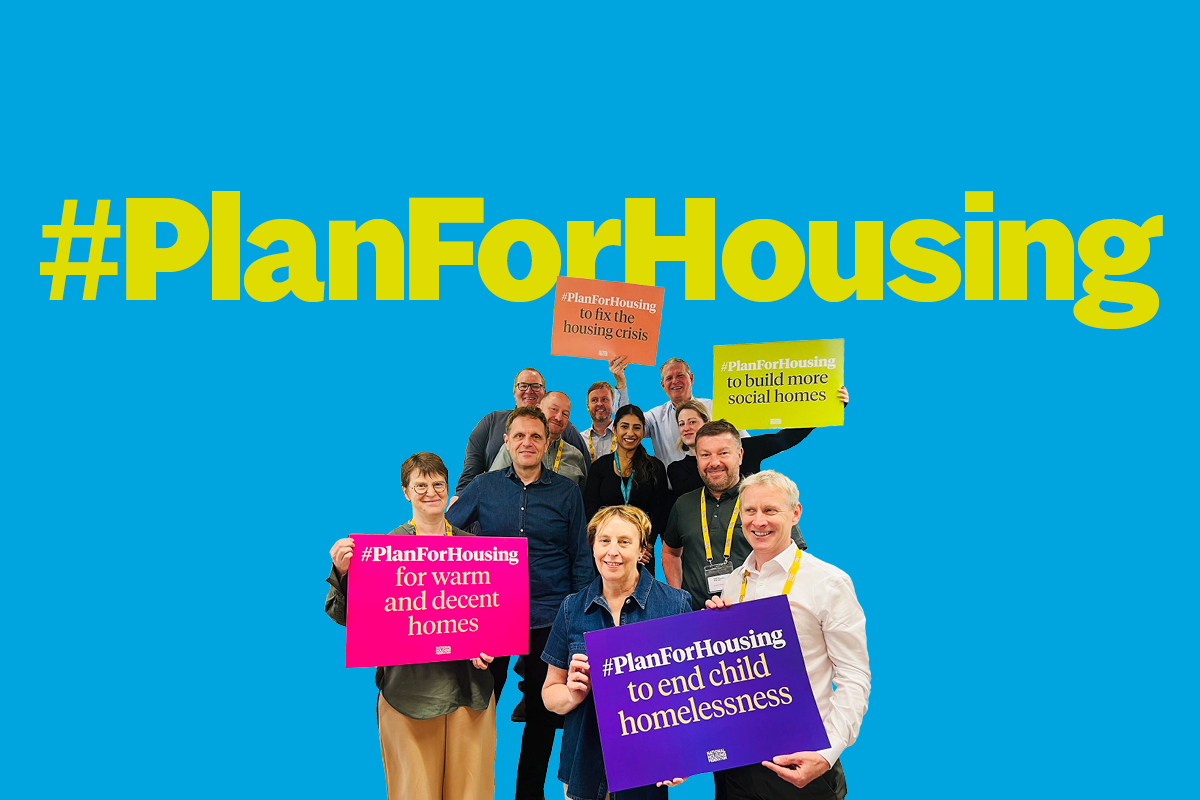You are viewing 1 of your 1 free articles
Labour sets out five-point plan for renters as evictions deadline looms
The Labour Party has set out a five-point plan to protect renters amid warnings of an “avalanche of evictions” as the end of the ban on new possession hearings approaches.
In a column for Inside Housing, shadow housing secretary Thangam Debbonaire set out a five-stage plan to protect renters beyond 25 June, when the current restriction is set to lift.
The government has remained tight-lipped on whether it will extend this period, with housing secretary Robert Jenrick recently telling MPs that a decision about continuing it “will very much depend on the medical advice we are receiving”.
Mr Jenrick promised to introduce a “pre-action protocol” to encourage landlords to investigate other solutions to arrears issues before exploring evictions – but experts have warned that this will not go far enough.
The London Councils group, which represents local authorities across the capital, has warned of an “avalanche” of evictions at the end of the ban period if it is not extended.
Ms Debbonaire wrote: “In this current emergency, if the government doesn’t act quickly to protect tenants, we will see a homelessness crisis unfold affecting thousands of people.”
Her five-point plan consists of:
- An extension to the ban on evictions to allow further protections to be introduced
- A change to the law on arrears to protect people who have got into difficulty due to the coronavirus outbreak
- A two-year period to pay back any arrears
- A protection from bankruptcy as a result of arrears
- Increased generosity in the benefits system to help reduce arrears and prevent tenants falling into them in the first place
“These measures will not be needed everywhere or by everyone. Some people will be able to cover their rents and not want to get behind. Others will be out of work for a few months and then employed again. They will never have been in arrears before and will be back on a reasonable income soon – so why risk making them homeless because of a temporary gap in their income?” she wrote.
Ms Debbonaire was appointed shadow housing secretary by new Labour leader Sir Kier Starmer last month, with long-standing incumbent John Healey reshuffled to defence.
In her column she indicated support for rent regulation and increasing social housing provision, writing: “We need stronger rent regulations and we need to build much more affordable and social housing, so that everyone has a home that is safe, secure, environmentally sustainable, and that they can afford to live in.
“We are failing those key workers, who we go out every Thursday to clap for, if we do not face up to the fact that many of them live in homes that are overcrowded, unsafe or expensive. When we emerge from this public health crisis, we cannot go back to business as usual.”
The government ‘banned’ evictions in March by extending notice periods for most renters to a minimum of three months.
Following criticism that this did not go far enough, the courts also suspended possession hearings for 90 days, meaning no evictions can legally complete until this is lifted.
However, as landlords have still been able to serve notice to evict, a flood of evictions could occur immediately once the restriction is lifted, putting serious pressure on homelessness services at a time when they are already under strain.
Shelter has estimated that 1.7 million private renters will lose their jobs as a result of the pandemic.
A spokesperson for the Ministry of Housing, Communities and Local Government said: “Emergency legislation is now in place so no renter can be forced out of their home during this difficult time – landlords cannot evict for at least three months. We will keep this under review and can extend if necessary.
“We are also supporting businesses to continue paying their staff, investing £7bn in the welfare system and increasing Local Housing Allowance, which will help tenants pay their rent.”
Sign up for our daily newsletter
Already have an account? Click here to manage your newsletters
More on coronavirus
To see all our coronavirus coverage to date – including the latest news, advice to providers, comment and analysis – use the link below.
